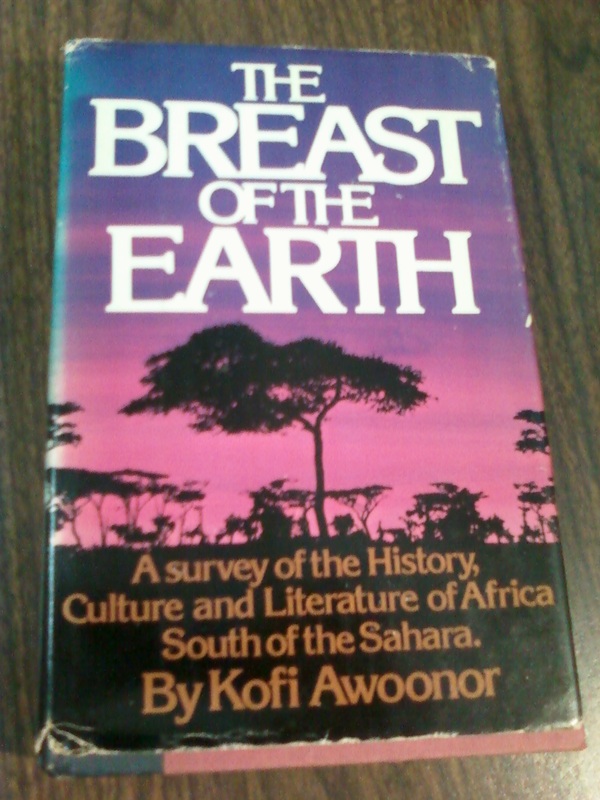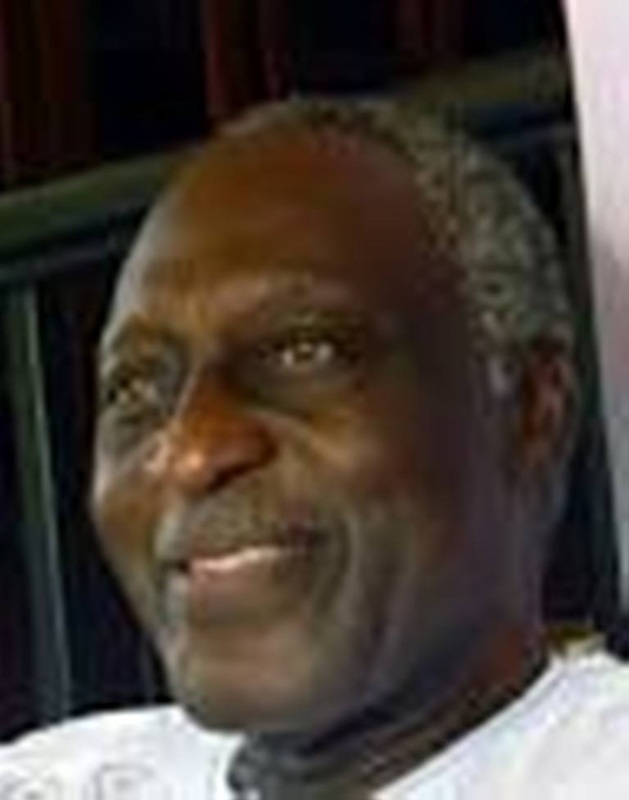|
The name jumped out of a random paragraph about the horror. A world-renowned poet was caught in the madness in an upscale mall in Nairobi.
I heard about Kofi Awoonor in 1976 when I was covering Long Island for the Times. His friends at the State University at Stony Brook were publicizing his arrest in his homeland of Ghana. He said he had driven a friend in political trouble across the border because that’s what friends do. He had been at Stony Brook before going home, and had many admirers in the States, including two Pulitzer Prize winners, Louis Simpson and Bernard Malamud. Of everything I did on that story, I most remember calling the Ghanaian embassy in Washington, D.C., browbeating some telephone-answerer, saying, “Doesn’t your country know it has imprisoned an important artist, a man the world knows?” Reporters know how to make ourselves obnoxious in cases like this, and I’d like to think I did. Ghana came to its senses in 10 months and released him for time served and assured him that he remained a citizen in good standing. He had dropped from 165 pounds to 135 pounds but said he caught up with his reading in prison. He also got a collection of poems out of his little sabbatical, called The House by the Sea, after the prison where he lived. In January of 1978 he returned to Stony Brook to see his friends, and drink wine, and recite poetry. One he read was dedicated to his daughter Amewsika, whose name means, The Human Being Is More Precious Than Gold. Tomorrow my love You will turn eleven I had promised a party; But worry not, I won’t be there. Your mother will give you a party; Tell me if she doesn’t. Where am I? Well, very near you. But there are iron bars on my door. A man stands there with a gun. He brings me food and water Now and then And I dream that soon You and I and all of us Will be free! Kofi Awoonor lived and wrote and taught from Ghana, and served as a diplomat, for the rest of his life, which ended this week while traveling to Kenya for a literary festival, as a prominent voice of Africa, of humanity. Other men with guns appeared at the mall and slaughtered innocents. I went to a bookshelf – I knew just where it was – and found his book, The Breast of the Earth: A Survey of the History, Culture and Literature of Africa South of the Sahara, which I had read as I prepared to write the two stories while he was imprisoned. At the reception in Stony Brook, he had inscribed the book for me, the only time we met. I want to add that I am grateful to Ghana for giving him back his life, his voice. I have since come to meet Ghanaian soccer fans in Germany and Brooklyn and South Africa, the nicest people. They mingled with Americans at the World Cup in 2010, some carrying flags of both nations. I think of Ghana as Kofi Awoonor’s homeland, and grieve along with the nation. The article from the Sahara Reporters: http://saharareporters.com/news-page/ghanaian-author-kofi-awoonor-killed-kenya
Ed martin
9/24/2013 05:49:15 am
Thank you, George, for sharing this memory of one precious life bringing a sharper focus to this horror. 9/26/2013 10:14:11 pm
George
Thor A. Larsen
9/28/2013 02:19:07 am
Thank you George and Alan for your thoughtful reflection on gifted Africans and experiences with African people. Africa has certainly experienced and continues to experience profound human tragedies.
George Vecsey
9/28/2013 03:40:04 am
To Ed, Alan, Thor: thanks for your notes. Alan saw first-hand the connections and loyalties of a tribal leader - in NYC.
Andy Kusi-Appiah
2/2/2014 04:48:02 pm
"How can Africa have so much violence in the midst of such gentleness? Colonialism has left a terrible legacy, which has not been much improved by many of the present governments."
Brian Savin
10/7/2013 01:50:48 pm
My kids went to college with an African student who knew him as a political figure in that country, rather than poet. Very active.
George Vecsey
10/11/2013 03:51:06 pm
Brian, that wasn't clear before his imprisonment, but in later years he was an ambassador to, I think, Cuba and Brazil. Whether the face of government changed, or he did, I cannot tell. I was surprised to learn he had been an ambassador. GV 10/22/2015 12:26:48 am
After I read the information that you convey this, many new points raised me know. Comments are closed.
|
Categories
All
|











